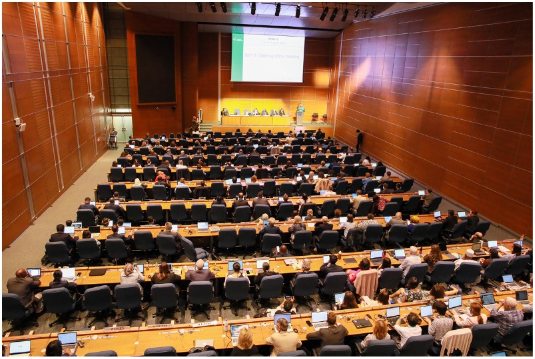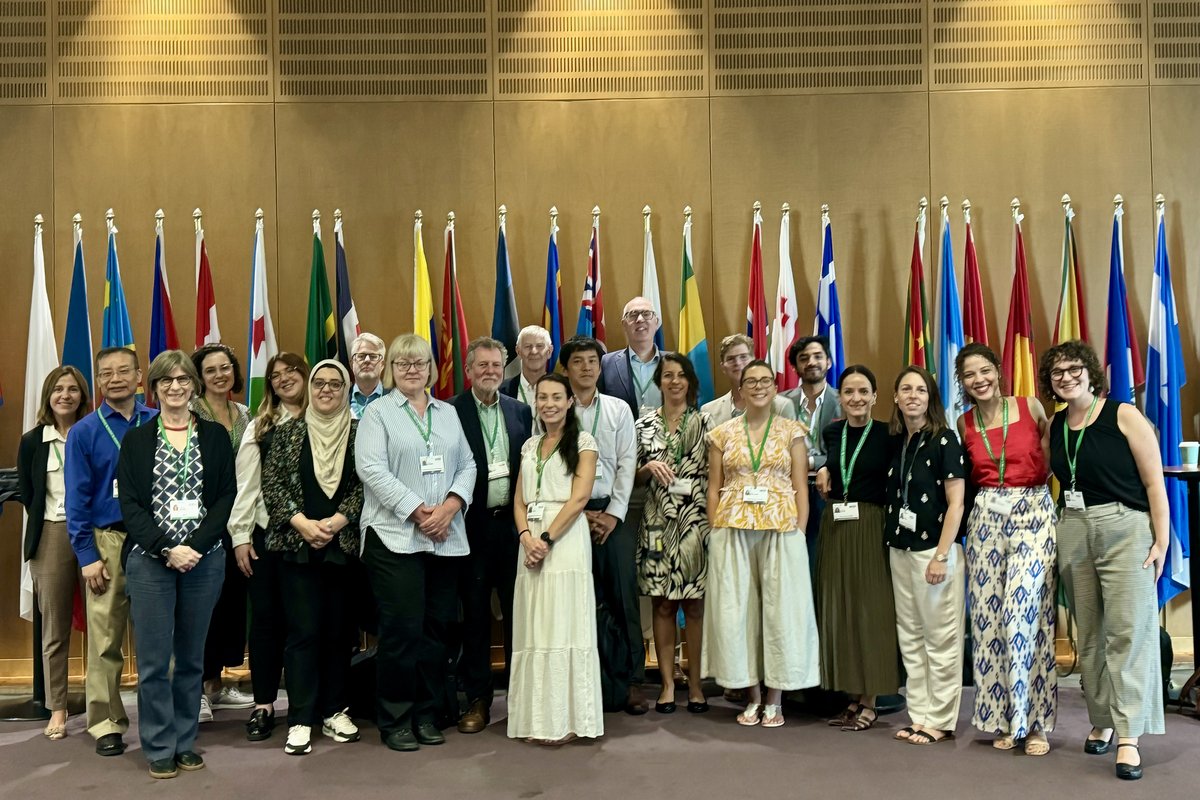Advocating for open access to digital sequence information (DSI)
How can we ensure fair benefit-sharing from Digital Sequence Information (DSI) while preserving open access for scientific research? This pressing question took center stage at the UN negotiations in Montreal, held from 12–16 August 2024.
With the FAR-DSI-Project, GFBio e.V. was part of a delegation at the UN Convention on Biological Diversity’s (CBD) Second meeting of the Ad Hoc Open-ended Working Group on Benefit-sharing from the Use of Digital Sequence Information on Genetic Resources—which we will refer here as the Montreal meeting. GFBio collaborated with the delegation from the Leibniz Institute DSMZ’s Science Policy and Internationalization Department, a key partner of the FAR-DSI project, and worked closely with the DSI Scientific Network, a global community of non-commercial researchers advocating for practical and inclusive DSI policies.

Montréal meeting, August 2024: GFBio e.V., DSMZ and other members of the DSI Scientific Network observe the negotiations from the back of the room and contribute actively with position papers.
It was a great opportunity for GFBio to support policymakers with technical and practical insights from database perspectives, by sharing findings from our recent policy brief made in collaboration with the DSI Scientific Network. This brief offers key recommendations on DSI data governance to support equitable benefit-sharing, and it was well-received by policymakers.
The Montreal meeting achieved its goal of drafting a recommendation for COP16, set to take place in Cali, Colombia, in October 2024. However, several issues remain unresolved, as reflected by the many elements still inside brackets. These include determining the triggers for monetary contributions to the global fund of the multilateral benefit-sharing mechanism, defining the roles of both commercial and non-commercial DSI users, and ensuring that benefits reach low- and middle-income countries, indigenous peoples, and local communities—while safeguarding the open access of DSI in public scientific databases.
With COP16 on the horizon, the outcomes of these negotiations will play a critical role in shaping the global future of DSI data governance, impacting biodiversity conservation efforts and scientific research worldwide.
Stay tuned as the next chapter in the DSI policy unfolds in Cali, where decisions made will affect us all.
